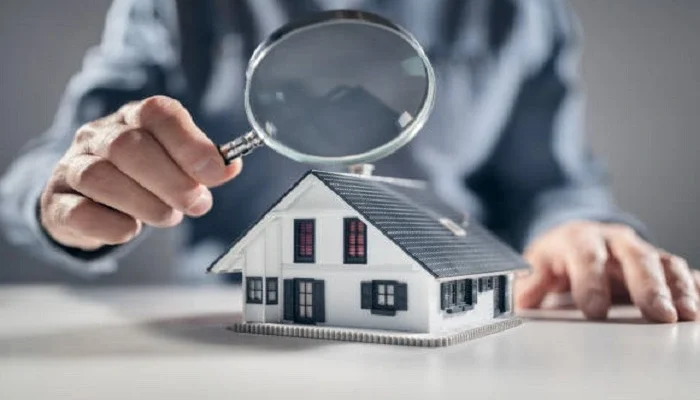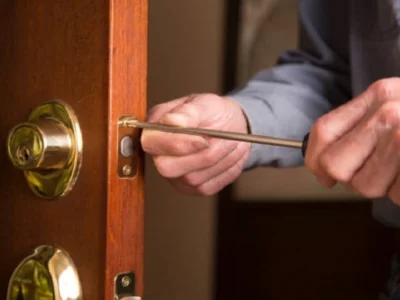Whether you are buying or selling a property, one of the most pivotal documents that come into play is the house report. This crucial document provides a comprehensive view of the condition of a property. Understanding the contents of a house report can be daunting; however, it is essential for making informed decisions during any real estate transaction.
Importance of a House Report
A house report gives an overview of a property’s condition, including its structure, safety, and upkeep needs. These assessments help potential buyers understand the property’s worth and what future costs may be involved. For buyers, it’s a chance to fix any problems before putting the property up for sale, which could make it more attractive and valuable.
Components of a Property Assessment
A house report usually has several parts, and each part is important for understanding the property’s state. This includes checking important parts of a building like the base, walls, and roof. Also, electricity systems, plumbing, heating, and any signs of pests are carefully checked. These parts come together to create a clear overview, highlighting problems that may need quick or future attention.
Exterior and Interior Inspections
The inspection starts with checking the outside. The inspector will look at the roof, gutters, drainage, and the state of the ground around the property. We carefully check the walls, floors, ceilings, and appliances for any damage or wear. Bathrooms and kitchens, which are often damp, are carefully checked for problems like mold or water damage.
Structural Integrity
A key part of the house report is checking how strong the structure is. This involves checking the parts that support the building to make sure it is safe and stable. Cracks in the walls or a roof that sags might show there are problems that need to be looked into and fixed.
Electrical, Plumbing, and HVAC Systems
Basic systems like electricity, water, and heating and cooling (HVAC) are essential for everyday life, so they are an important part of the evaluation. The inspector will check the age, health, and safety of these systems and point out any parts that do not meet current standards.
Interpreting the Findings
It’s very important to understand the results in a house report. Experts share their results using special terms that may be hard for non-experts to understand. It’s a good idea to talk to the inspector or a real estate expert about the report to understand what it means. This should cover how serious the problems are, how much fixes might cost, and how long they could take.
Who Conducts the Inspection?
It is very important that a skilled and experienced inspector carries out the property inspection. This person should have appropriate certifications and a good understanding of local building rules and regulations. Their unbiased perspective guarantees that you get clear and accurate details about the property’s state.
Pitfalls of Overlooking a Property Assessment
Not understanding a house report can result in unexpected costs or safety issues later on. For buyers, this could mean taking on expensive repairs that weren’t clear at first. Sellers may face legal issues or need to lower the sale price if problems are found late in the sale.
The Role of a House Report in Negotiations
A house report is useful during negotiations because it helps buyers ask for fixes or a lower sale price based on what they find. Sellers who have a clear evaluation can explain their asking price or make changes beforehand to ensure a successful sale.
Long-Term Advantages of a Detailed Property Assessment
A detailed report not only addresses current issues but also offers a plan for future care and improvements for property owners. It demarcates areas that will eventually require care, allowing for financial planning and prioritisation of tasks.
Action Steps Post-Inspection
After getting the house report, it’s a good idea to make a plan of action, especially if you are the buyer. Focus on important problems that could impact safety or lead to higher costs if not dealt with. Get quotes from contractors to understand the cost of the fixes or upgrades mentioned in the report.
Frequency and Regularity of Inspections
After the first check, regular checks are important for finding possible problems quickly. They help keep the property safe and valuable over time, which gives you peace of mind. Homeowners should think about getting a professional house inspection done regularly, especially before big improvements or after bad weather.
Conclusion
Property assessments necessitate thorough thought and comprehension of the findings’ ramifications. In addition to educating buyers and sellers, a thorough house report acts as a tactical manual for continuing property upkeep. Making use of the information provided by these reports can have a big impact on the safety and financial elements of house ownership and guarantee that one is making well-informed real estate selections.
Choice Home Warranty George Foreman in 2024










Comments